This book provides a critical commentary on politics, language, literature, identity, media, religion, caste, and the Indian diaspora over the last two centuries. While analysing and synthesizing work done in diverse intellectual traditions, it discusses the significance of Sanskrit and its relationship with the regional languages of India; the relationship between Hindi and Urdu; and the role of English as a language of colonial administration and education after independence. The study also deals with the new generation of post-independence Indian English Writers, who express a whole range of emotions, which were articulated through the Vernacular in the colonial period. It explores the representation of Indian identities–Hindu and Muslim–through Hindu films and also looks into the role of Hindi television programmes in the construction of national and regional identities. The authors examine the problems of creating a national identity; the rise of Hindu politics in the 1990s; and Hindu–Muslim relations in the context of religious reform and political loyalty to the nation-state. They also analyse the relationship of the Indian diaspora with the motherland and the host country. Going beyond conventional boundaries of nation-states, academic disciplines, and conceptual categories, this interdisciplinary work will aid those embarking on a ‘new’ discovery of India. It will be useful to scholars and students of politics, history, literature, and cultural studies.
Representing India: Literatures, Politics and Identities
In stock
Free & Quick Delivery Worldwide
Bibliographic information
Title
Representing India: Literatures, Politics and Identities
Author
Edition
1st ed.
Publisher
Oxford University Press, 2008
ISBN
9780195692266
Length
x+343p., Notes; Bibliography; Index; 23cm.
Subjects

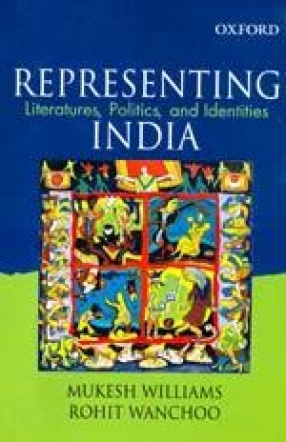
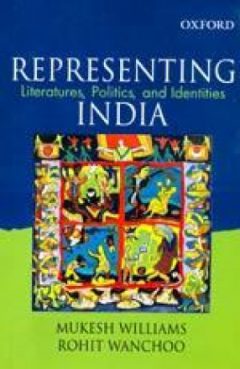

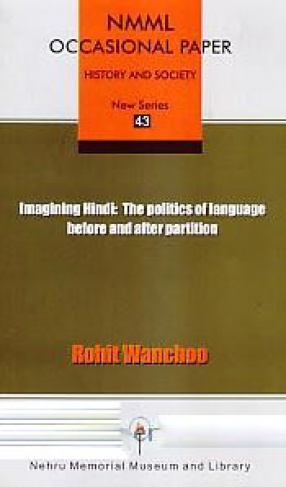
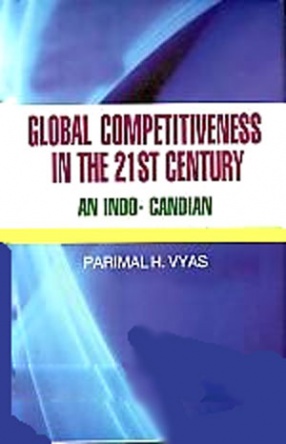
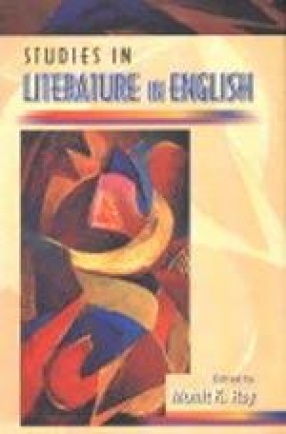
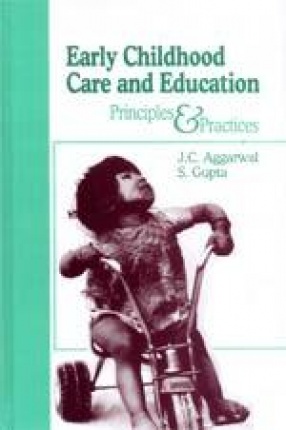
There are no reviews yet.